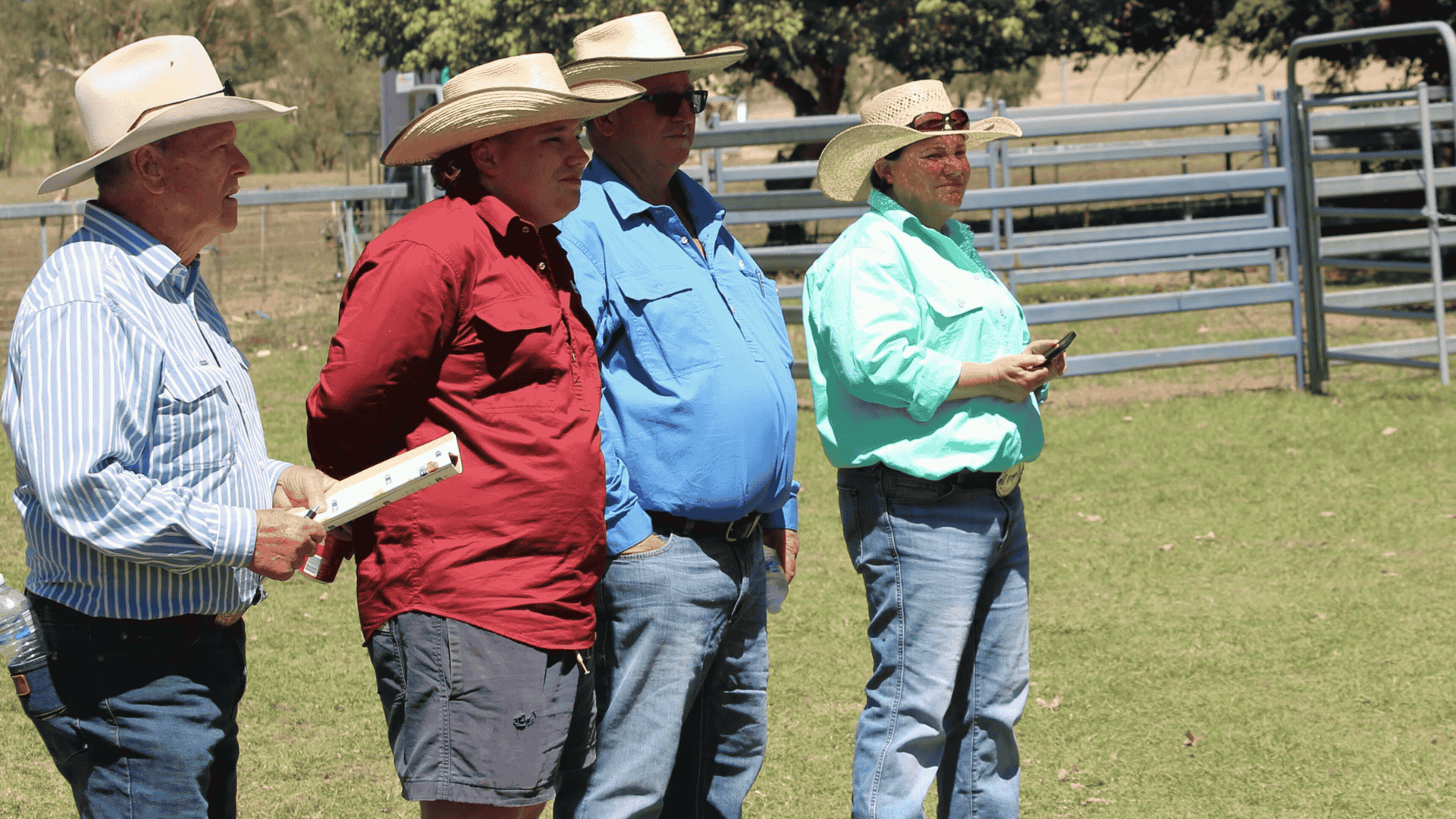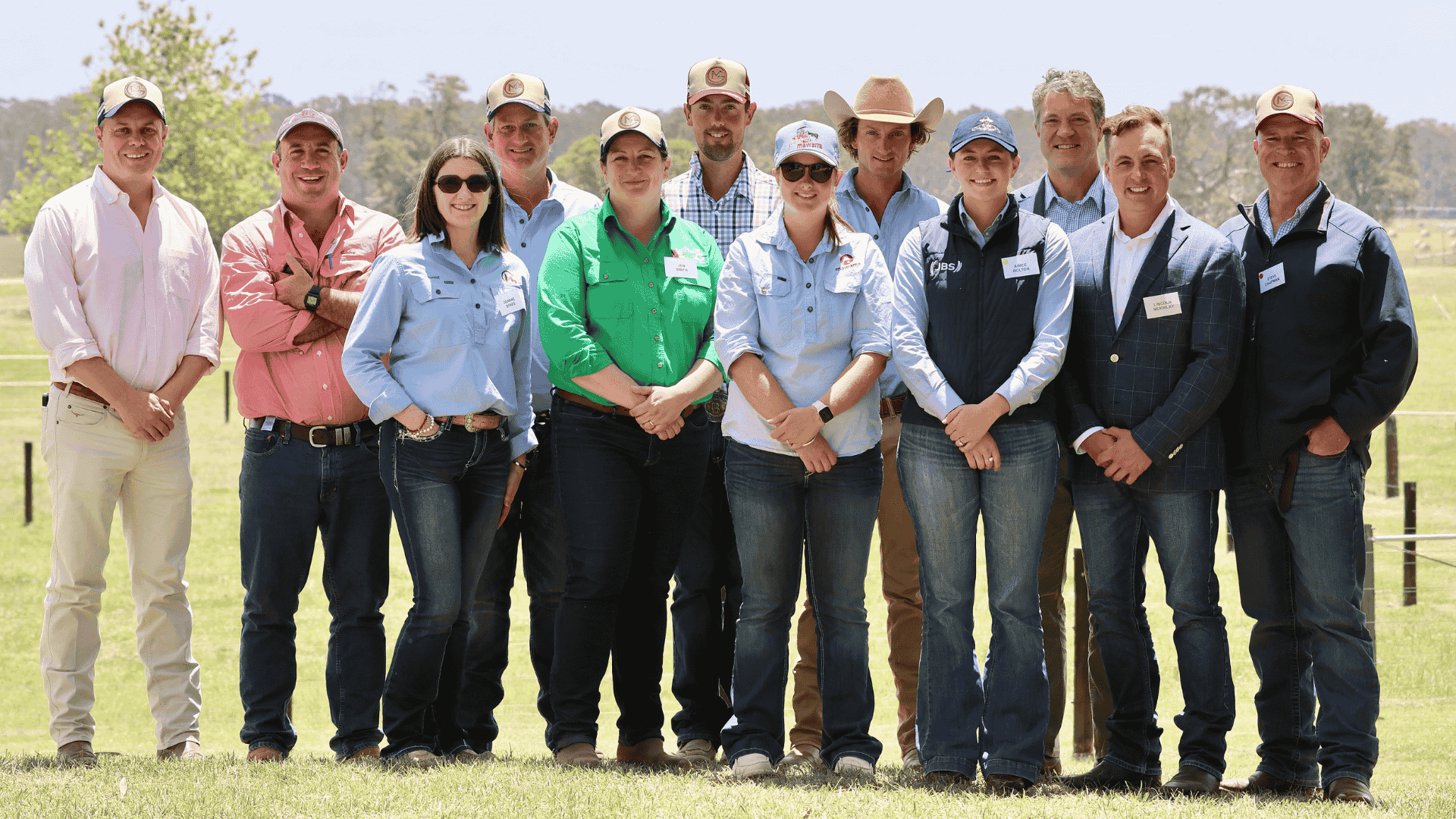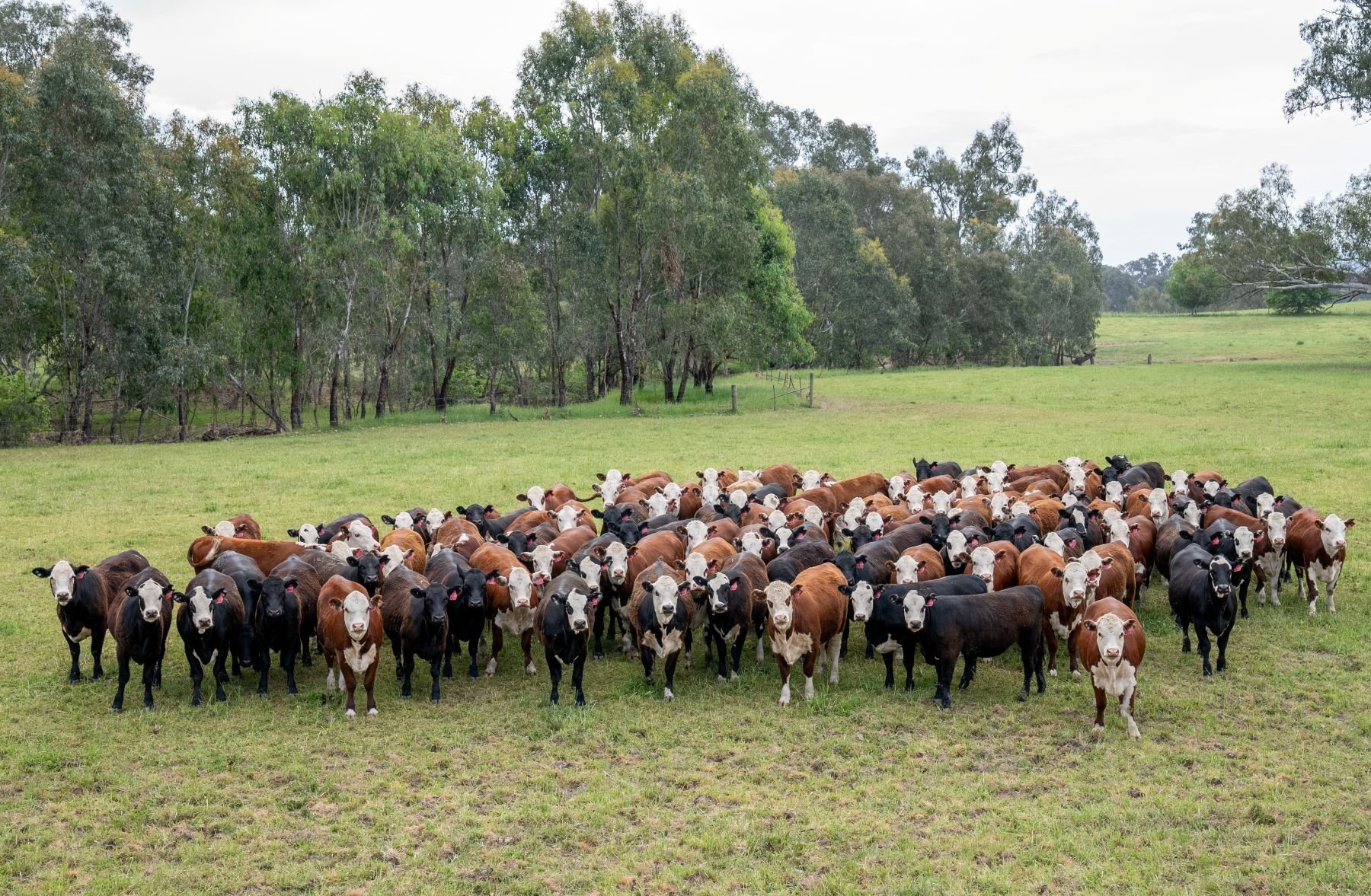New locations sought for Aussie beef due to China levy
Around 800 million burgers worth of Australian beef may need to be diverted into alternative markets, as China enforces import quotas limiting the...
Beef and wine exporters from Australia could become bigger players in the US market as hefty trade tariffs are slapped on their market rivals.
Australian exporters could cash in on the US market as their major competitors are slapped with higher tariffs.
Some of America's most important trading partners have had their confidence shaken after President Donald Trump threatened a slew of increased tariffs over the weekend.
From August 1, goods from Brazil would be subject to a 50% tariff - up from 10% - while items from the European Union would be hit with a 30% levy - up from the pre-announced 20 per cent rate.
But Australia is yet to receive notice of a new tariff rate, meaning most products sent to the US remain at the baseline 10%.
"It will give us, in some sense, an unfair playing advantage," Monash University economics lecturer Isaac Gross said.
READ MORE: Global appetite for Australian red meat continues at pace: New records in exports for FY2024–25
Australia and Brazil are two of the biggest beef exporters to the US, so if the South American nation's exports have a higher tariff they will become more expensive for American consumers, which could push them towards Australian goods and increase trade.
Similarly, Australia competes with the European Union on wine exports to the US and an increased levy on alcohol from Italy or France could fuel American demand.
However, Australian exports will still be less competitive than homegrown US products, which are not subject to a tariff.
"The 10% tariff will hurt us a little bit, but if the 50% or the 30% tariff on other companies hurts them even more, we may end up ahead," Dr Gross said.
But all this depends on whether the US president implements his tariffs in line with his announcements.
The EU continues to press for further tariff negotiations and it is unclear whether Australia will be spared a letter from the US president.
Mr Trump has also become increasingly fickle with his tariffs and has walked them back on multiple occasions when other nations have threatened retaliatory action after the markets' response.
This uncertainty has dragged on international trade with the US and could delay investment in the long term, Dr Gross said.
There has been no change to US tariffs on Australian goods, Treasurer Jim Chalmers said, and the government continues to engage with Mr Trump's administration.
"Every week brings new developments, new uncertainties, and over the weekend, we saw more of that," the Treasurer told reporters in Canberra on Monday.
"We'll work our way through the consequences of these sorts of announcements, which come from time to time."
.png)
Around 800 million burgers worth of Australian beef may need to be diverted into alternative markets, as China enforces import quotas limiting the...

It was 3.30pm, the hottest part of January 9, when an out of control bushfire, powered by its own microclimate, came roaring out of the state forest...

At Mawarra Genetics, Peter and Deanne Sykes are focused on stepping back from short-term noise and focusing on what actually drives long-term,...
